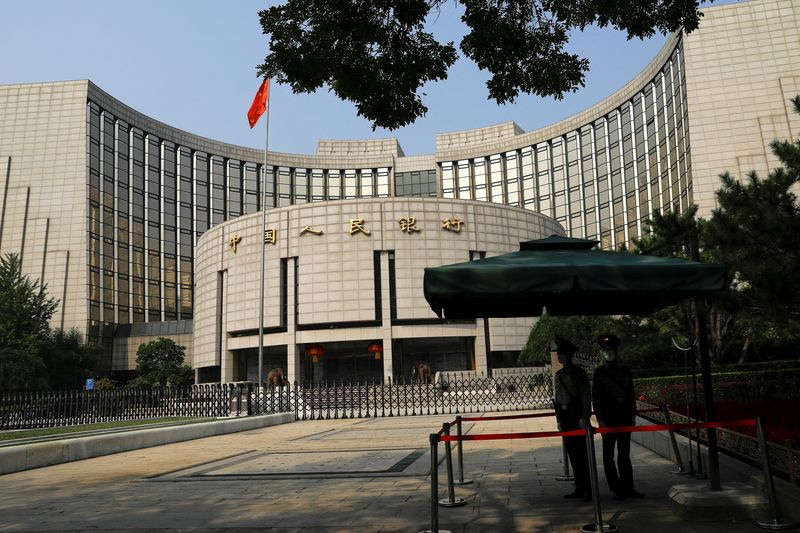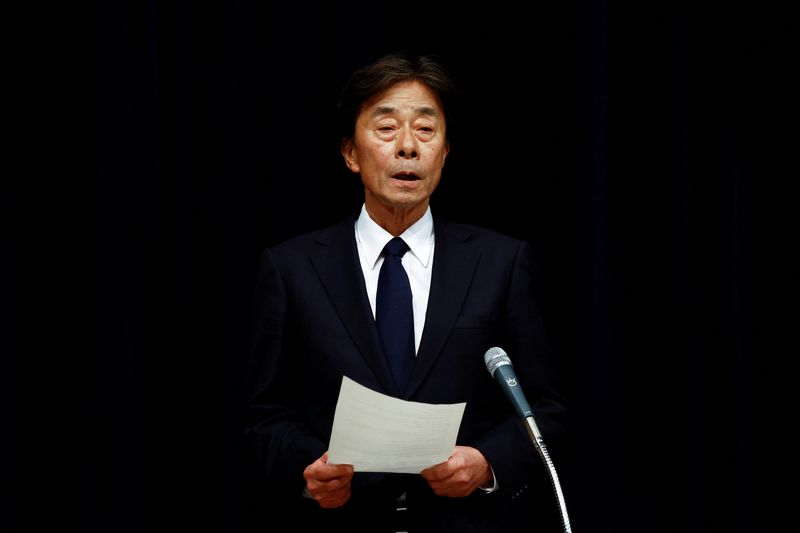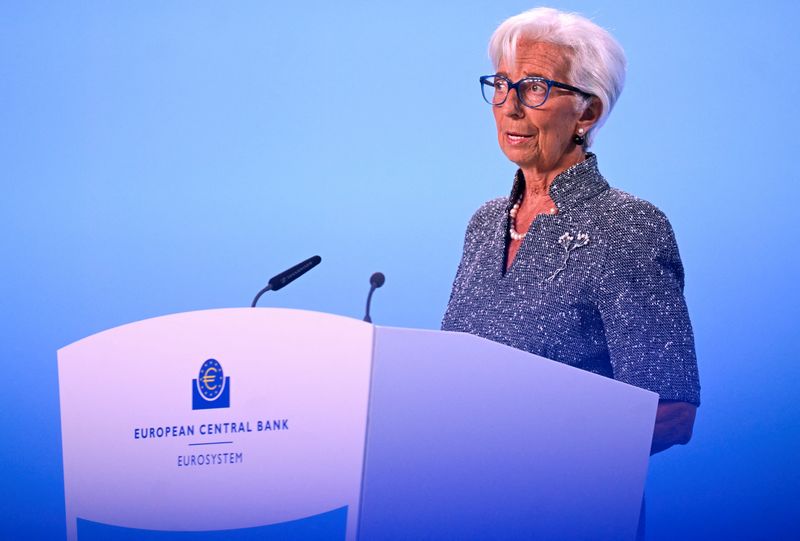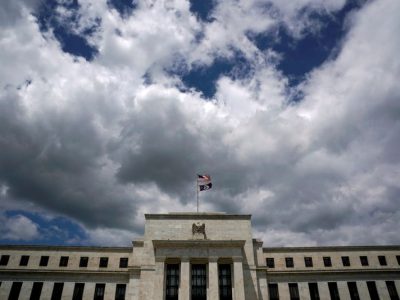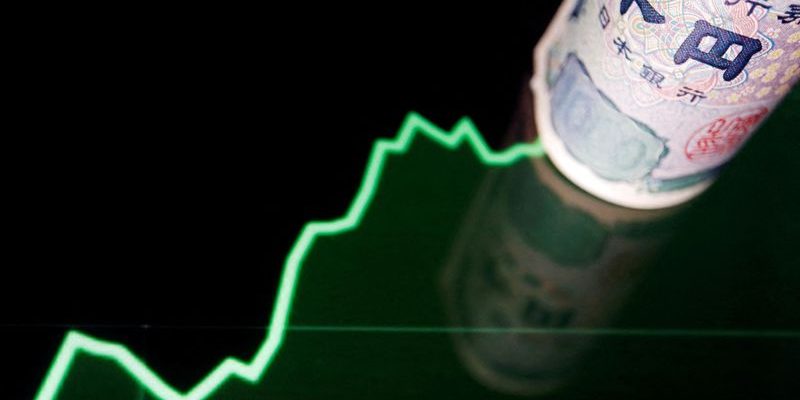
By Leika Kihara
WASHINGTON (Reuters) – A weak yen is beneficial for Japan’s economy as the boost to exports exceeds the increase in cost of imports, the International Monetary Fund’s Japan mission chief Nada Choueiri told Reuters on Friday.
“Japan is a very outward-oriented economy, and a very open economy,” which means on a net basis, the benefit from rising exports from a weak yen exceeds the rising costs in imports, she said. “So, the yen depreciation on net benefits growth in Japan,” Choueiri said in an interview.
“It’s important to recognize that the Japanese authorities are committed to a flexible exchange rate regime,” she said, when asked whether rapid yen moves would justify Tokyo intervening in the currency market.
The yen has resumed its declines recently against the dollar on expectations that the U.S.-Japan interest rate divergence will remain wide, posing a headache for Japanese authorities who fret of the hit to households and retailers from rising import costs from a weak yen.
On monetary policy, she urged the Bank of Japan to tread cautiously in raising interest rates, as risks to inflation were balanced and there was high uncertainty on the outlook.
“The first priority is to remain data-dependent and analyze all the data that comes, and to be very, very gradual in the process of raising the policy rate,” she said.
“But we do see that the path will be towards rate increases over the policy horizon,” she said.
Japan’s central bank is widely expected at a two-day policy meeting next week to keep its short-term policy rate steady at 0.25% and roughly maintain its forecast of inflation hovering around 2% through March 2027.
It ended its negative rates policy in March and delivered a rate hike in July on the view that the country was making progress toward sustainably achieving its 2% inflation target.
BOJ Governor Kazuo Ueda has said the central bank will keep raising rates if the economy moves in line with its forecast. But he has also stressed the need to scrutinize global uncertainties, such as the U.S. economic outlook, in timing the next rate hike.


